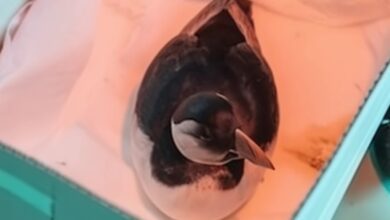
The authorities of the Community of Madrid have decided to cull 450,000 chickens at one of the largest poultry farms in Valdemoro. The move comes after an outbreak of highly pathogenic avian influenza was detected—a deadly threat to both domestic and wild birds. The culling operation lasted several days and cost the regional budget over €804,000. A specialized company was contracted for the task, handling not only the destruction of the birds but also the subsequent disinfection of the area and disposal of the remains.
Part of the costs was covered by European funds and with the support of the Ministry of Agriculture. The measures aim to prevent further spread of the virus, which has already been detected in other areas of Madrid, though nowhere else have the consequences been as severe.
How the situation unfolded
The first alarm was raised back in September, when infected wild birds were found in Alcobendas. Just weeks later, the virus reached the farm in Valdemoro, home to hundreds of thousands of laying hens. Authorities immediately imposed quarantine, and after the diagnosis was confirmed, ordered the complete destruction of the flock. There were also cases in other municipalities involving wild and ornamental birds, but such drastic measures were not required elsewhere.
At the end of October, the virus was detected in the very center of Madrid — a peacock fell ill in El Retiro park. This prompted city authorities to tighten sanitary protocols: restrictions were introduced on hunting and breeding certain bird species, along with mandatory disinfection for vehicles and people visiting poultry farms.
Impact on the region and exports
This strain of bird flu spreads extremely quickly and has a high mortality rate among birds — sometimes death occurs within 24 hours. Nevertheless, the risk to humans is minimal and the virus is not transmitted through cooked meat or eggs. However, the outbreak has already affected the economy: this summer, China imposed a ban on the import of Spanish poultry and poultry products, which dealt a serious blow to exporters.
Until this year, Spain had gone two consecutive years without such incidents at industrial farms. However, in March, the virus was found in a falcon, and in July — at a turkey farm. These cases showed that the threat remains and require constant monitoring and readiness to take emergency measures.
What’s next
Authorities continue to monitor the situation and are tightening sanitary requirements for all poultry businesses in the region. Farmers are forced to comply with strict biosecurity rules to prevent new outbreaks. In the near future, export agreements are expected to be reviewed and border controls could be further tightened.











